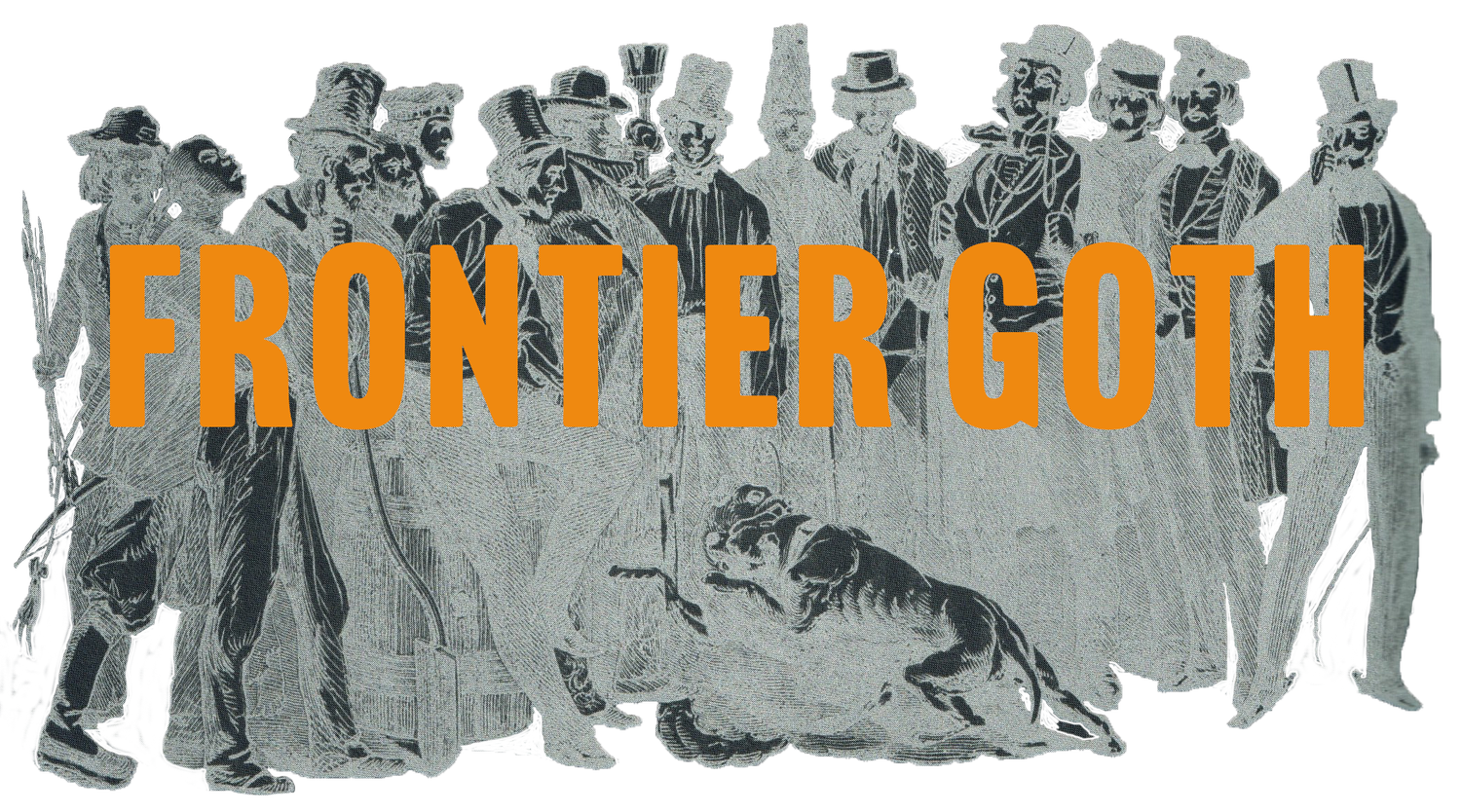The Proud Tower by Barbara Tuchman
“By 1909 a gathering pessimis converged upon the Liberals and those alleid with them ‘A thousand sad and baffling riddles’ had somehow replaced the simple verities of politics, wrote Charles Masterman, now a member of the Government as Under-Secretary of the Home Office. In 1909 he published The Condition of England, a book of profound discouragement. He saw the world divided vertically ‘between nation and nation armed to the teeth’ and horizontally between rich and poor. ‘The future of progress is still doubtful and precarious. Humanity at best appears as a shipwrecked crew which has taken refuge on a narrow ledge of rock beaten by wind and wave; we cannot tell how many, if any at all, will survive when the long night gives place to morning.’
”Around him Masterman saw a complacent society reposing in its illusion of security but ‘of all the illusions of the opening of the Twentieth Century perhaps the most remarkable is that of security.’ Instead of security he saw ‘gigantic and novel forces of mechanical invention, upheavals of people, social discontentnts…vast implements of destruction placed in the hands of a civilization imperfectly self-controlled’ in which ‘material advance has transcended moral progress.’
”James Bryce, another member of the Liberal Government as Chief Secretary for Ireland and since 1907 as Ambassador to Washington, found discouragement in the central theme of his life, the dmocratic process. In a series of lectures he delivered at Yale in 1909 on ‘Hindrances to Good Citizenship,’ he admitted that the practice of democracy had not lived up to the theory. The numbers who could read and vote had increased twenty times in the last seventy years but ‘the percentage of those who reflect before they vote has not kept pace either with popular education or with the extension of the suffrage.’ The ‘natural average man’ was not exhibitin in public affairs the innate wisdom which democracy had presumed he possessed. He was more interested in betting at the races than in casting his vote. Old evils of class hatred, corruption, militarism, had recurred and new evils emerged. Although the world was undeniably better off than it had been, the faith of the Nineteenth Century in the ultimate wisdom of government of the people, by the people, had met ‘disappointment.’ For the man who once described himself as ‘almost a professional optimist,’ the Yale lectures were a painful confession.”
-Barbara W. Tuchman, 1962


